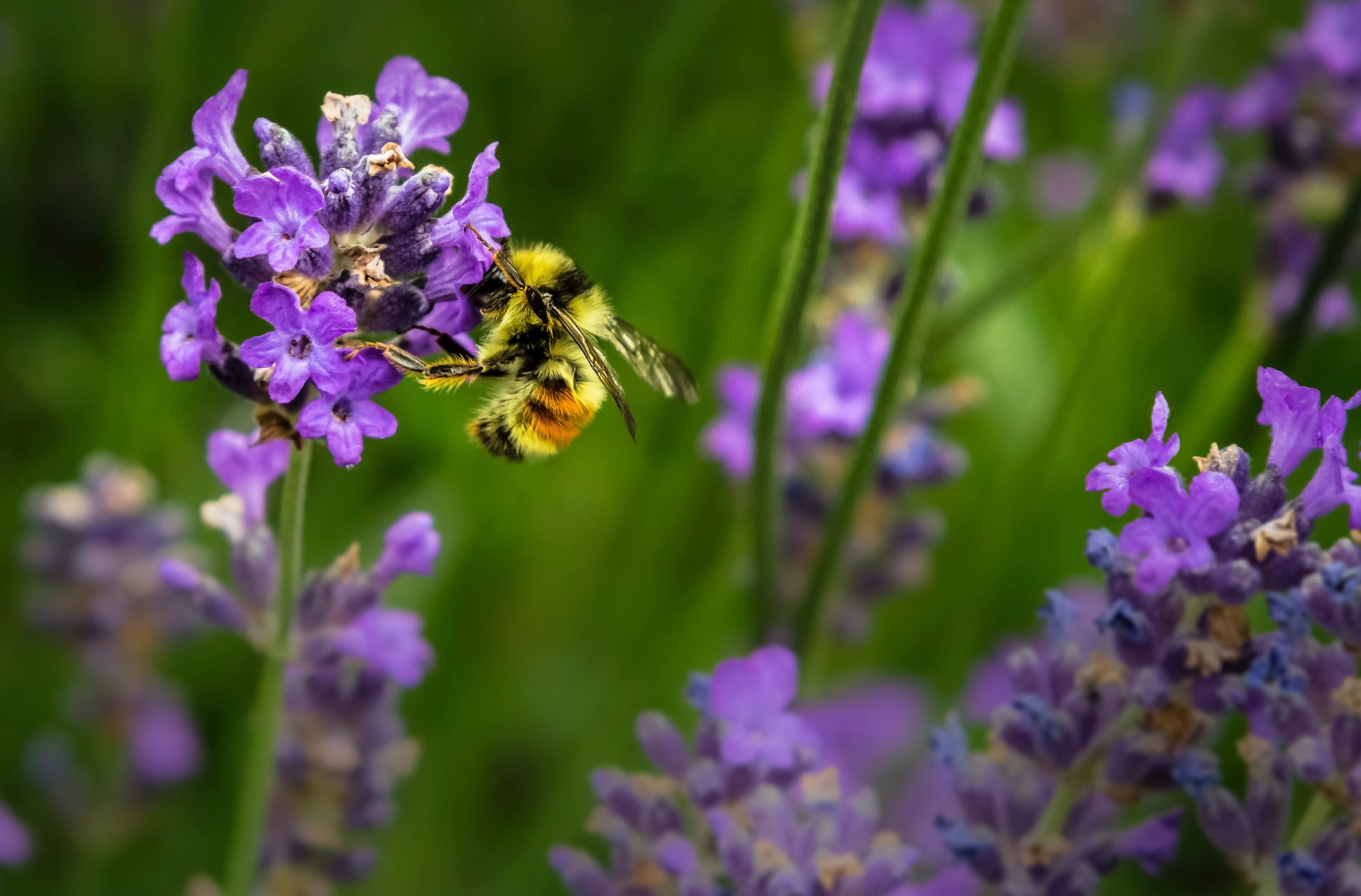Endangered Species Day 2022 – How can you learn more about our wildlife?

Annually on the 3rd Friday of May, Endangered Species Day is observed across the world to remind us of the fragility of the existence of some animals, plants and insects, and to encourage us to learn more about the importance of protecting them.
As the climate crisis grips social, economic and political conversation, attention can be diverted from the immediate impacts of this emergency on our wildlife.
The IUCN (the International Union for the Conservation of Nature) has suggested that 40% of animals, insects and plants are at risk of extinction. This astounding figure displays an enormous threat to the natural world as we currently see it.
This statistic poses the risk that species currently listed as ‘critically endangered’ or even ‘endangered’ could become a historical fable for future generations. Currently, these lists include certain species of penguins, whales, elephants, tigers and even bees to name a few. Animals that have occupied our earth for centuries.
Whilst this occasion encourages us to reflect on the harmful impacts of climate change, it is also a time to celebrate environmental wins and species that have been saved from endangerment. One such animal is the peregrine falcon – becoming endangered in the 1970s due to an array of human disturbances.
In recent years, law changes and conservation efforts have seen the species saved from extinction. Amazingly, peregrines are now seeking city postcodes, driven away from their residence in the countryside due to persecution.
On the 29th of April 2022 our own resident peregrine, who occupies the top of the University of Leeds Parkinson building, saw the hatching of three chicks. This exciting event can be celebrated today, as we observe Endangered Species Day 2022. Check out a live stream of our resident peregrines via the UoL sustainability website.
For many of us, our knowledge on this topic fails to extend further than what may be relayed in the news, shown on the TV or circulated on social media. Yet, if watching a David Attenborough documentary has pulled on your heartstrings, then you may like to engage with Endangered Species Day this year.
If this is the case, improving your knowledge about the natural world is a positive way to get involved. The University of Leeds has developed ‘Ecology and Wildlife Conservation', a free to access online course hosted on FutureLearn which will take you on a journey of biological discovery.
The course, which has been branded as one of the best online courses of all time, investigates how we can best protect the natural world and the challenges human activity poses to our environment. These lessons in conservation are led by Dr Chris Hassall – an Associate Professor of Animal Biology at the University of Leeds.
With the course only lasting 2 weeks, the workload is light but fully immersive. You will study an array of endangered species, learn about ecosystems and explore how biologists use innovative technologies to help conserve nature through case studies, independent research, video and student comment threads.
Gain environmental knowledge, skills and expertise? Amid our climate crisis, the time to participate is now.
